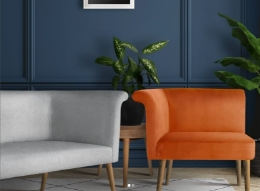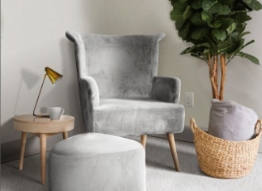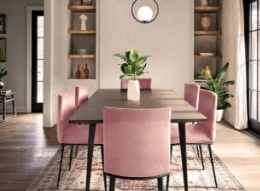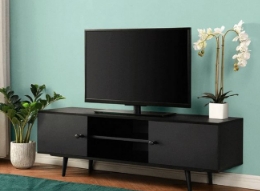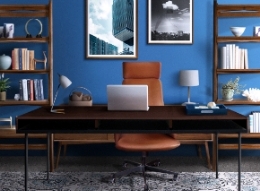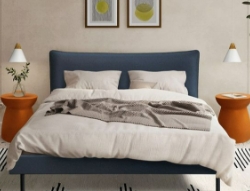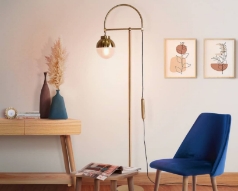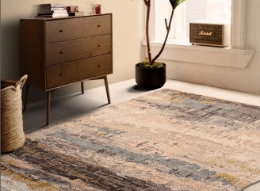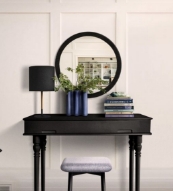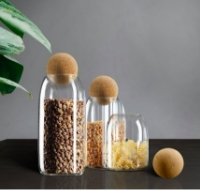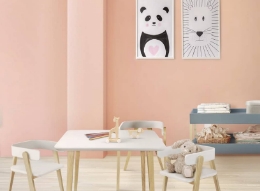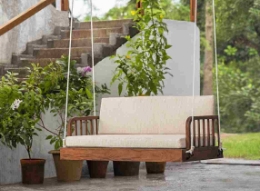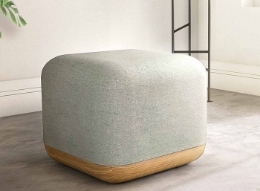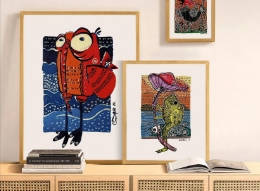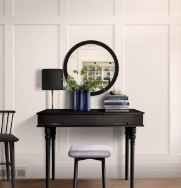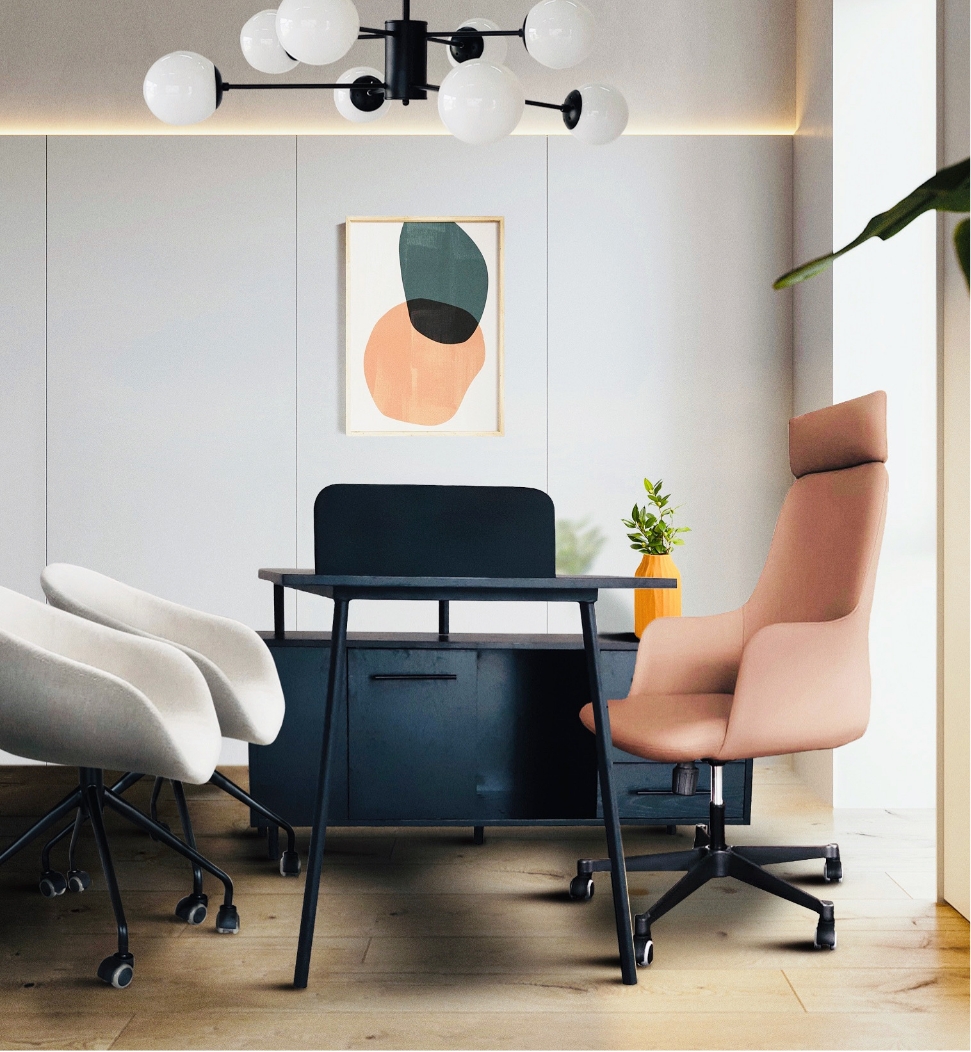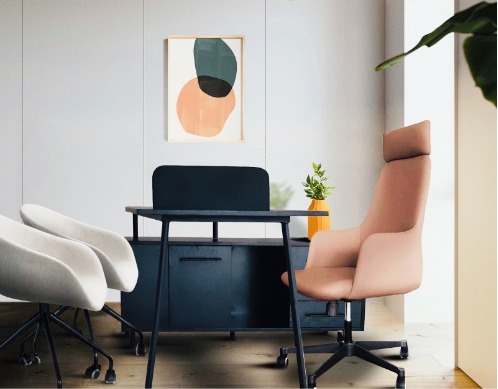As the air quality index in Dhaka goes from bad to worse, we live and - quite literally - breathe pollution. However, although we might associate it with busy urban roads, pollution isn’t limited to the outside. Toxic emissions and reduced air circulation lead to build ups of benzene, formaldehyde, trichloroethylene, xylene and toluene in the air we breathe. Plants can absorb these chemicals and convert them to gentler by products.
Apart from breaking down these harmful chemicals, plants have other benefits too. They can speed up recovery time from certain illnesses, reduce stress and increase productivity. They can muffle noise, so are great for busy apartment buildings, or loud office floors. Placing a few plants around your space, can give rise to a more peaceful environment. Of course, on top of all these practical benefits, plants are also visually very pleasing. Strategically placing a few plants around your home or office could be used to cover up unsightly wires or small imperfections in the walls of the home.
To get started bringing plants into your space, start by making space on your floors, tables or shelves. Do some research into how much space and care the plants you plan to bring in need, including how much sunlight and water they require. Some plants are toxic to dogs, cats and other pets, so make sure you look into whether they are toxic to any pets you may have.
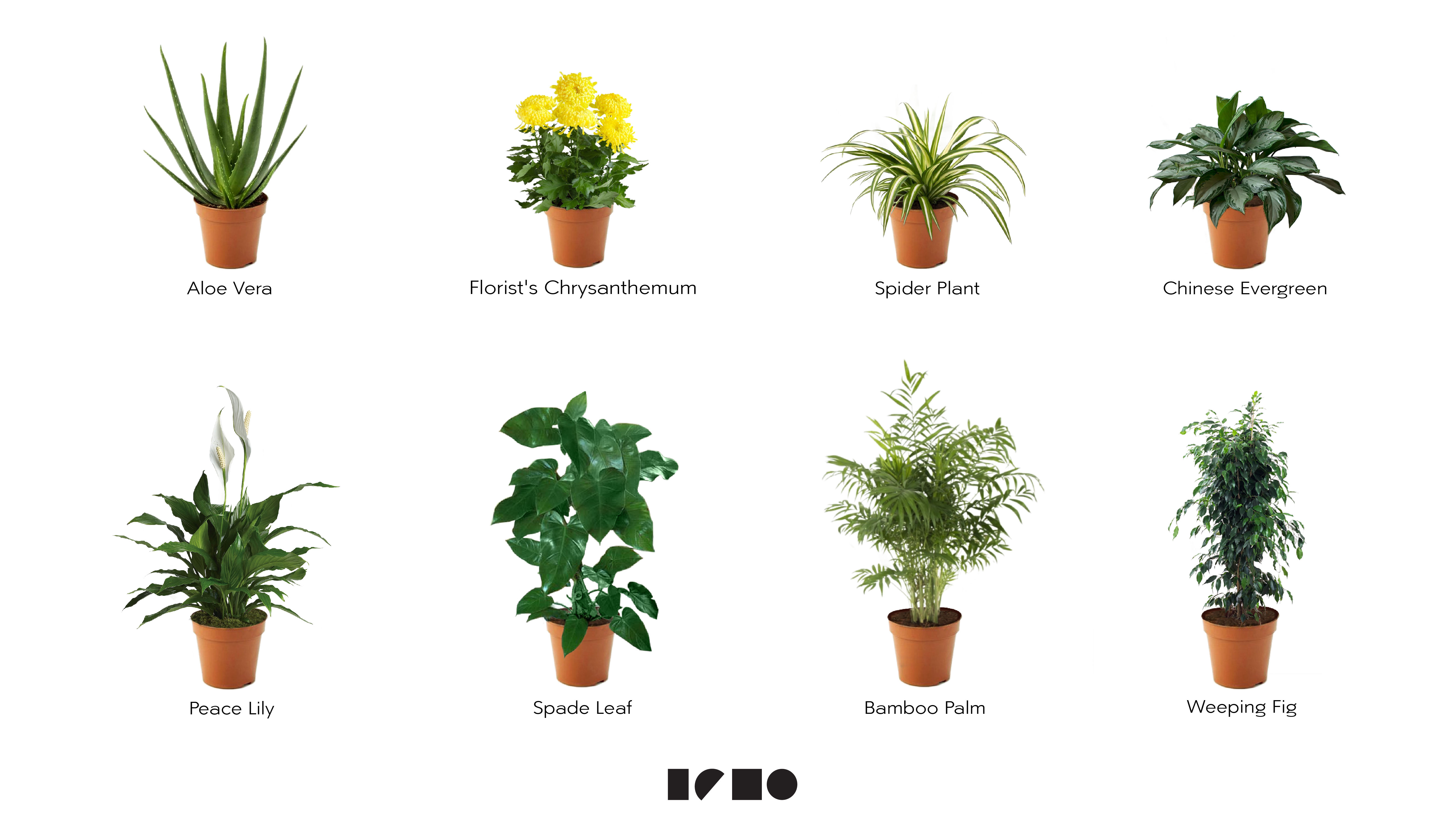
After a study in 1989, NASA released a list of the best air filtering plants that they found. Of the 18 plants in the study, several can grow in the subtropical climate of Bangladesh. These include the Spider plant, Peace lily, Chinese evergreen, Bamboo palm, Spade leaf, Weeping fig, Florist's chrysanthemum and Aloe vera. We've included an easy infographic to help you find these at your local plant nursery.

